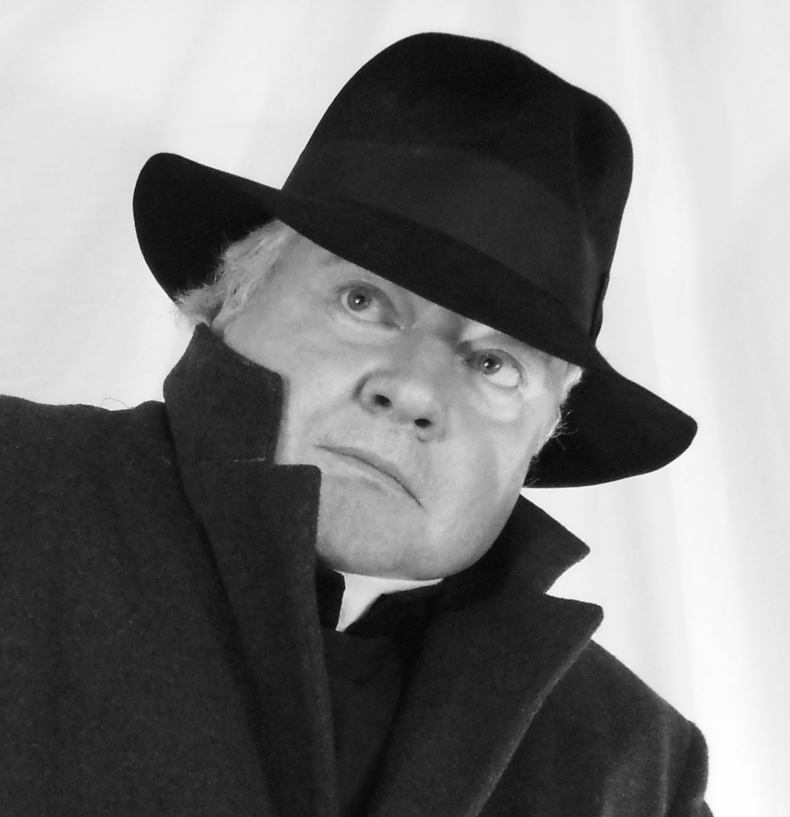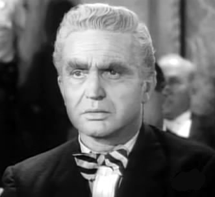Note: A version of this review appeared in 2009
This is the first Father Brown short story collection by G.k. Chesterton. Father Brown was in many ways a continuation of what Chesterton wrote in his classic Orthodoxy.
The intellectuals of Chesterton’s time viewed the orthodox Christian as superstitious and weak-minded. Chesterton, in Orthodoxy, asserted his vision of orthodoxy was entirely different: conscious, sensible, winsome, and wise.
Two years after writing Orthodoxy, he wrapped it in a Cossack and embodied it in the person of Father Brown, a physically unremarkable and humble priest, who uses his wisdom, common sense, and experience as a confessor to solve even the most baffling crimes.
It should be noted that, contrary to what many people have said, Chesterton was not a Catholic at the time he wrote the first Father Brown stories from 1910-1914. That conversion wouldn’t happen until the 1920s. However, he already knew the priest who would facilitate his confession and Father John O’Connor was the basis of the character.
To enjoy Chesterton’s books, you have to appreciate a couple of things. First of all, many are unlike any detective stories we read today. While there’s plot and action, the main focus is the puzzle, not character development. Outside of Brown and his friend Flambeau, most of the characters remain flat. They’re stereotypical Frenchmen, Calvinists, Rich Men, and Atheists. They’re there to provide their piece of the puzzle and then get on with it.
There’s also not any sense of danger or mayhem. There’s little violence onstage, although Chesterton can come up with some quite ghastly ways to kill a man.
This is a battle of wits between you and Father Brown, and most of the time you’re going to lose quite badly. The plot unfolds to reveal the puzzle, Father Brown solves the puzzle and the story ends, often abruptly.
What carries the stories is Chesterton’s voice which I find delightful, even when reading a book over one hundred years after the time. Chesterton uses his prose like a painter uses paint, true artistry that’s understandable to a modern reader.
Father Brown is a fun character. When he speaks, he says something important. Brown was the first in a long line of unlikely detectives that would include Charlie Chan and Inspector Columbo: the last person in the world that the criminal would be worried about finding them out. But somehow, he solves the case with a completely unexpected solution.
There are a total of twelve stories in the collection, each constituting a different mystery. Several stood out to me:
The Blue Cross: The first Father Brown story and perhaps his most iconic tale. When Chesterton originally published this short story in 1910, readers must have been shocked to see Father Brown emerge as the hero. Through the whole of the mystery, the focus had been on a police detective following him. But the makings of the great detective were in place. He would hang back as a background figure until stepping forward to solve the case. When that first story was published in September 1910, a literary star was born.
The Invisible Man: This was a fitting case, because it not only provided an extraordinarily surprising solution, but also an insight on how Father Brown surprised so many with his observations.
The Three Tools of Death: This is the first Father Brown story I heard an adaptation of, and after reading it, I appreciate it more. The solution is a gigantic surprise. It’s also a reminder that many descriptions Chesterton gives at the start of the story convey what the popular view of a character is, not necessarily what the person is really like.
The Sign of the Broken Sword: This had to be my favorite in the collection. To give you an idea of how different these stories are from modern mysteries, the entire case takes place on an entirely different continent from where the mystery occurred, and no witnesses are questioned. The story centers around a simple riddle.
Where does a wise man hide a leaf? In the forest. But what does he do if there is no forest?
From there, the case proceeds to a startling conclusion, all without leaving a forest an ocean away from the scene of the crime.
On the negative side, the Honour of Israel Gow was absurd. Chesterton was trying to make a point about his perception of Calvinist legalism, but it fell a little flat. The solution in the Wrong Shape was not the right shape of Chesterton’s best Father Brown stories, but it was still passable.
Overall, I found the stories enjoyable and would encourage others to read them. You can read the entire book online or you can buy it on Amazon. (affiilate link.)



